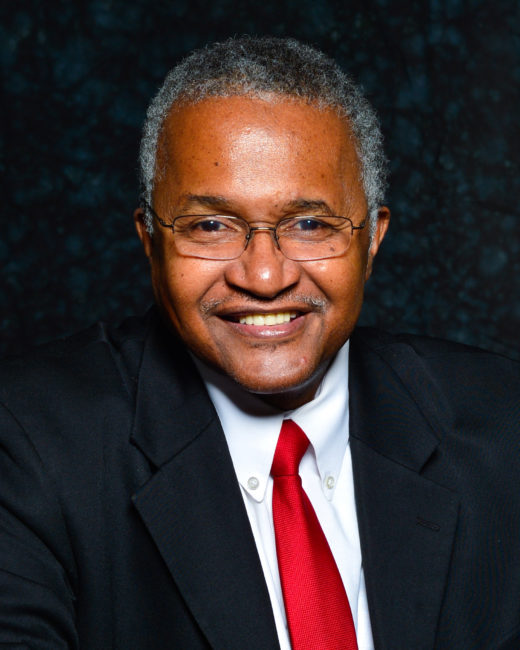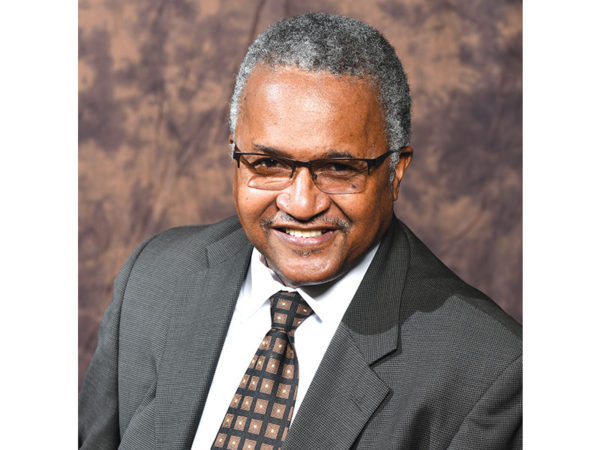Hats off to the fine men and women of the City of Monroe’s Public Works Department whose behind the scene work during inclimate weather and storms keeps us all safe. Ironically, the Public Works employees are probably the least respected employees of the city. It’s been that way for decades.
As most Monroyans bundled up to keep warm during this extended period of cold and ice, roads and bridges are being salted, security barriers are being placed and the city’s crew of mostly Black men brave the cold to keep the streets safe.
What most residents don’t know is that these men are working without a contract and to get around paying them benefits, the city hires many of them through a third party which doesn’t pay benefits either. It amounts to modern day slavery, without the chains.
In the 1970’s under the old Commission Council, the Union had to deal with Luther T. Dick Harper. He looked at them with an eye of disdain. The Union became so angry about its unsanitary work conditions that it hired noted Civil rights attorney Paul Henry Kidd, Sr. , learned its rights, and worked its membership of over 400 employees to a frenzy and was on the verge of calling for a strike. To avoid a strike, Harper called the Union leader, John Ellis, into his office reportedly to discuss the situation. While he met with Harper, city police mysteriously found a weapon in Ellis’ car parked at city hall while the meeting was underway.
Ellis was arrested and faced the possibility of prison on the trumped-up charges. Without its leader, the union lost its fire and returned to work disrespected and lowest paid. Ellis was forced to leave Monroe permanently. The weapon charges were dropped as mysteriously as they appeared.
When the Free Press complained about it Harper and former Mayor W.L. Howard dismissed our editorials as rantings of a “yellow sheet paper” that did not like the administration.
The City has always had a condescending and patronizing attitude about its essential, but easily replaceable, workforce of mostly Black men. Former mayor Bob Powell clashed with the city’s Union leaders often and belittled them when they complained of low wages, as well as unsafe and unsanitary working conditions. He challenged them to quit if they did not like it and could easily replace them. During his 17 years as the city’s mayor, Powell repeatedly said these workers are “A dime a dozen” there were others who would be glad to get the city’s crumbs.
While Powell did many things to help the Black community, his attitude about Public Works Union members never changed.
During Powell’s tenure, he complained that the Free Press articles challenging his relationship with the workers could not be believed because the publication had opposed his administration for his entire 17 years in office.
The City’s first Black elected mayor Abe Pierce, III, treated the workers with more respect. He included Union leaders in his administration’s weekly briefings and updates about city operations, he raised their salaries, too, but they still were the lowest paid and on the outside. He was working on more changes, but didn’t serve but one term. The Union’s hopes were deflated with Pierce’s defeat in 2000.
When Jamie Mayo became mayor he promised a new day for workers. He even rode the garbage trucks with them promising they would have no problems with his administration. It didn’t last long. The Union complained that the Mayor treated them like slaves and was worse than others before him. To dramatize their discontent, the Union President Don Hopkins ran against Mayo twice unsuccessfully.
Like Ellis in the 70’s, Hopkins was a fireball who began planning sick outs and pickets to demonstrate worker discontent. Mayo didn’t fire Hopkins, he gave him a job with the administration on condition that he quit the Union. Without Hopkins, the Union effectively died. Hopkins, as the supervisor for the administration, regularly executed the same practices he fought against as Union leader. The men were totally dispirited.
Although all city employees except firefighters, police and a few special groups, are covered by the Union’s contract, only the Public Works employees pay monthly dues. The number of city workers with benefits under Mayo has dwindled.
Mayo dealt the Union its worse blow when he began to hire public works employees through a temporary agency to avoid paying benefits. Officially, they were called seasonal workers, but for many, their seasons lasted 12 months a year. The city paid the agency $11 an hour for the same workers that it paid $7.25 an hour to, on its own payroll. The difference? Without the cost of benefits, retirement or fringes even the $11 paid to the agency was less than the city’s legacy cost. It saves money at the expense of its laborers.
Keeping a campaign promise, Mayo raised the minimum wage of the lowest paid workers to $10 an hour. That impacted a few, but many of its workers are not really city employees, they are seasonal workers employed by an outside agency.
For the last three years the city’s Union, a labor force of mostly poor black men, have been working without a contract. If it’s hot they work in the heat until they drop. If it’s freezing, they get no consideration. They have no contract, so nothing can be done.
This administration has not used Bob Powell’s infamous words, but it acts as if it believes that these men are “A dime a dozen.”
We’ve been complaining about Mayo’s attitude toward workers for 16 years. His response is just like that of Powell and Luther T. Dick Harper, that the newspaper doesn’t like his administration and wants to control it.
In the meantime, when you see a public works employee of the city on the street remember that he works without a contract, and may have no benefits.
When you need people to clear the streets, dig the ditches and help keep us safe, they are not “A dime a dozen.”



